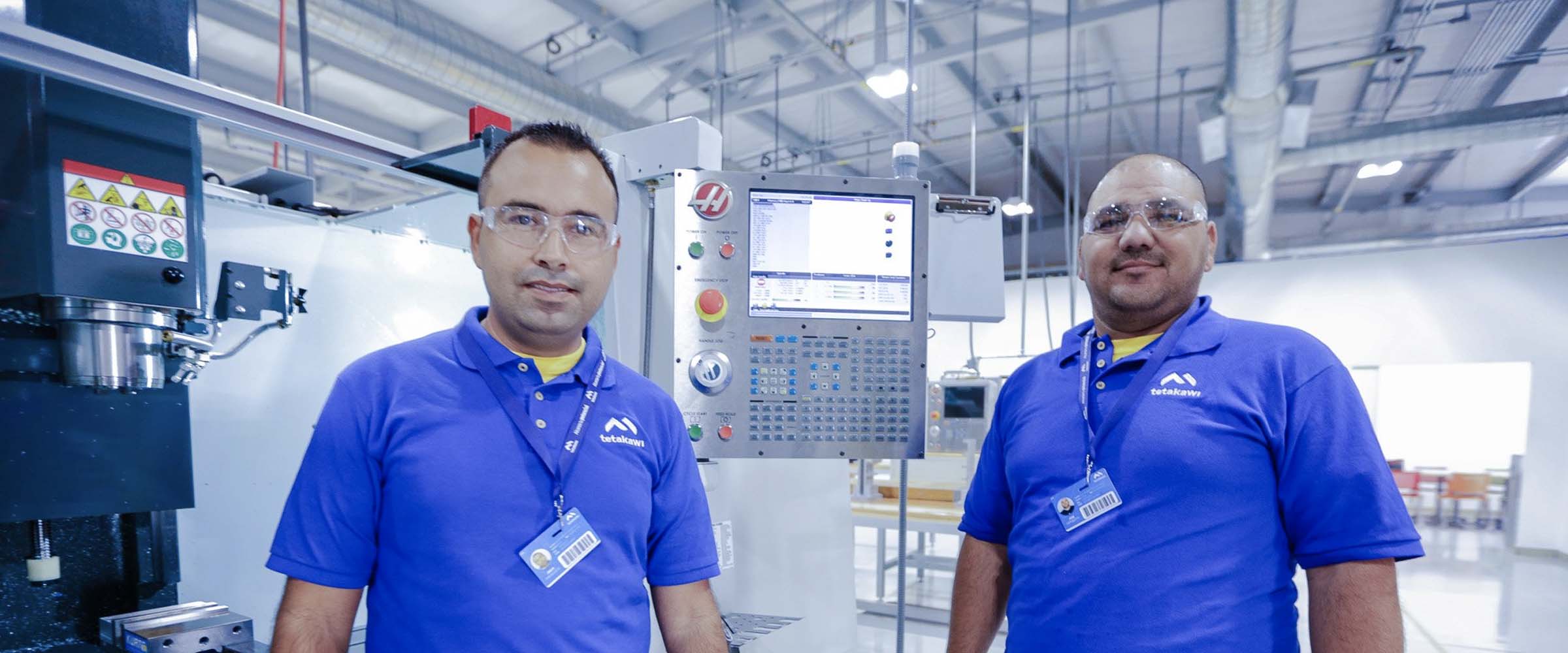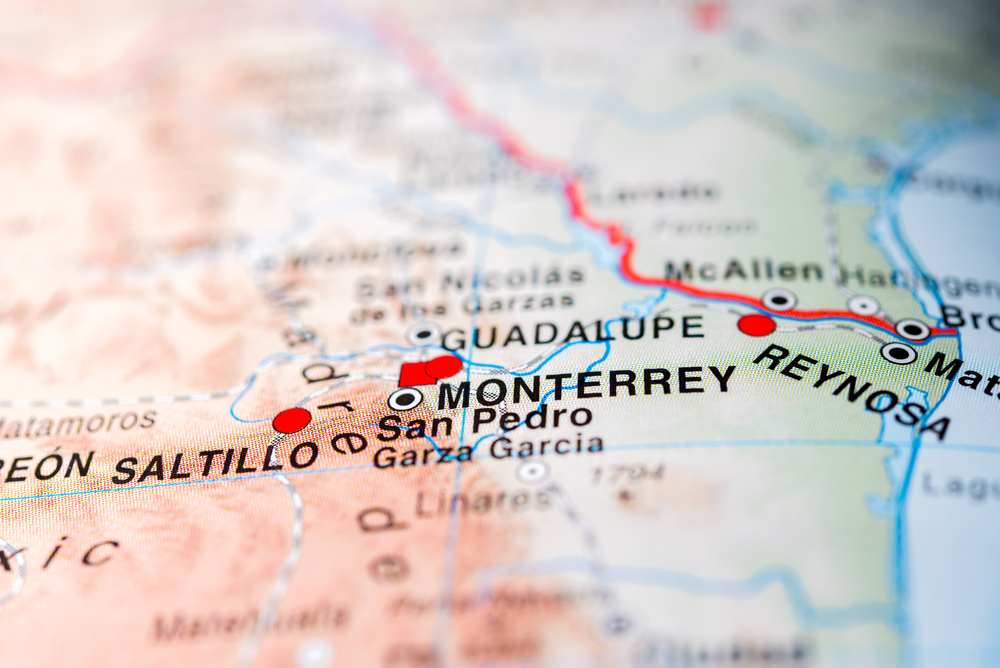Human resource management (HRM) is the exercise of enlisting, contracting, onboarding, and managing employees in an organization. Previously, HRM was simply referred to as human resources (HR) because the HR department was only responsible for developing and executing policies governing employees in an organization.
The modern human resource management department is responsible for managing employees and ensuring that they remain among the most important assets of the organization. It views employees as human capital and treats them as any other key business asset. The main aim of HRM is to use employees effectively, minimize risk, and maximize the organization’s return on investment (ROI).
Currently, the terms ‘human resource management’ and ‘human capital management’ (HCM) are used concurrently. HCM has been widely adopted by both large and midsize organizations to help them manage various HR functions. Whether you refer to it as HRM or HCM, this department is important for your organization’s prosperity.
Importance of Human Resource Management
As noted above, HRM is responsible for recruiting, onboarding, and managing employees to ensure that your company achieves its mission and reinforces its ethos. But for your HRM department to work effectively, you have to have the right HR managers. Fortunately, many reputable companies can help you to find the best HR managers for your business.
For instance, if you’re establishing a manufacturing business in Mexico, you can partner with a company like Tetakawi, which helps international enterprises to set up their operations in Mexico. Our human resources team will help you to recruit professionals with the required skills to further your company’s objectives. They’ll also help you to train your existing employees to meet the changing industry demands and standards.
Your business is as good as its workers–therefore, having a functional HRM department is a crucial step in achieving your business goals. Aside from recruiting, hiring, and managing employees, your HR managers will continuously analyze the changing job market and adopt the latest and most practical human resource management practices to help your organization remain competitive.
For instance, it’s the responsibility of your HR managers to ensure your employees are remunerated appropriately and get fair benefits; it’s also the work of your HR managers to hire enough workers to avoid employee burnout. They must ensure that the job roles are revised according to the current market demands and standards. With a company like Tetakawi, your manufacturing business will enjoy reliable and professional softlanding solutions so that you can cover all your business’ operational, regulatory, human resource, and environmental needs.
How HRM Works
Every HRM department comprises a dedicated team of human resource managers, who handle the everyday implementation of HR functions. The size of your HRM department depends on the size, structure, and type of business you’re running. Small and midsize organizations can function with just a few human resource managers who perform various HR-related functions.
Large organizations may require more specialized HR professionals to perform specialized HR functions like recruiting, visa handling, immigration, onboarding, talent management, compensation, and benefits, among others. The most common HRM positions found in large organizations include HR assistants, HR managers, recruiters, recruiting coordinators, sourcers, immigration specialists, LoA and accommodation specialists, compensation specialists, benefits specialists, learning and development specialists, and HR analytics specialists.
What Are the Objectives of HRM?
Depending on the type of organization, the objectives of HRM can be divided into four main categories:
- Organizational objectives: These are functions performed to ensure your business runs smoothly. They include offering the necessary training, recruiting qualified employees for all tasks, and maintaining the right rate of employee retention.
- Functional objectives: These are guidelines for keeping your HRM department functional. They include ensuring that every HR resource is utilized fully.
- Personal objectives: Your HRM department is responsible for managing resources used to support the personal goals of every employee within the organization. For instance, it’s meant to offer employees opportunities to further their education and careers, as well as to guarantee employee satisfaction.
- Societal objectives: These are measures taken by your HRM department in response to the organization’s moral and societal needs or problems. They include legal matters such as equal opportunities for all and equal remuneration for equal work.
Overall, your HRM department should help your business achieve its goals by creating and maintaining a productive team of employees. It should ensure that the skills and talents of each employee are utilized fully and efficiently.
Subscribe
Sign up and stay informed with tips, updates, and best practices for manufacturing in Mexico.





